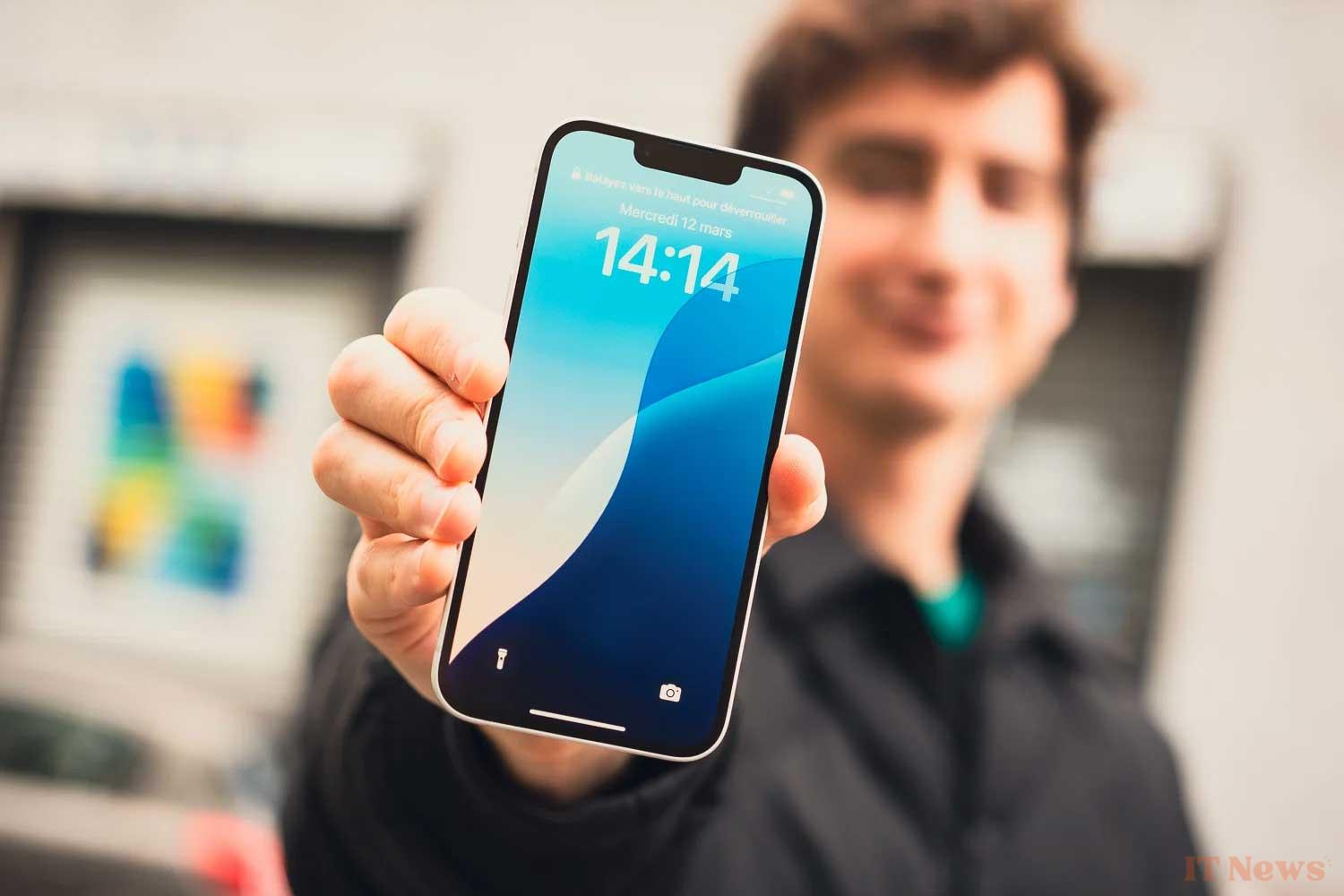Despite a certain easing of tensions between Washington and Beijing in recent days, the trade war is far from over. During a business roundtable in Doha, Donald Trump this time decided to directly attack Tim Cook, Apple's CEO, accusing him of having, for years, had his products manufactured in China, then in India. The party is over, and the American president now aims to relocate iPhone production to the United States.
A tour of India and then he leaves
Since 2023, Apple has made India a pillar of its supply chain. By 2025, nearly 20% of the world's iPhones will already be assembled in the country's factories, with a stated goal of producing the majority of iPhones for the American market by the end of the year. Foxconn and Tata, Apple's key partners, are increasing investments and factory openings to meet this industrial growth. For Apple, this geographic diversification is a pragmatic response to geopolitical and logistical risks, as well as a bet on the future to remain competitive.
The problem is that the industrial reality is not working in favor of Trump's plans. Apple has certainly announced a massive investment plan of $500 billion over four years and the creation of 20,000 jobs in the United States, but iPhone manufacturing on American soil remains marginal and faces major obstacles: high labor costs, lack of a suitable industrial ecosystem, etc. An iPhone produced in the United States would cost between $1,500 and $3,500, compared to around $1,000 for a model assembled in Asia.
Trade negotiations in the background
Trump's pressure comes in the context of intense trade negotiations with India. New Delhi has offered to remove tariffs on 60% of American products, hoping to overshadow a disgraced China, and in exchange obtain an exemption from American surcharges. The United States, which is threatening to impose 26% tariffs on Indian exports, has for the moment suspended this measure for 90 days, while a bilateral agreement is reached.
Donald Trump's desire to see Apple repatriate its production to the United States is as much a matter of industrial policy as it is of electoral symbolism. But the reality of the global supply chain, cost pressures, and the need for diversification make this scenario highly unlikely in the short term. Despite Apple's investments in the United States, the company continues its rise in India, which has become a key player in the geopolitics of the smartphone.



0 Comments